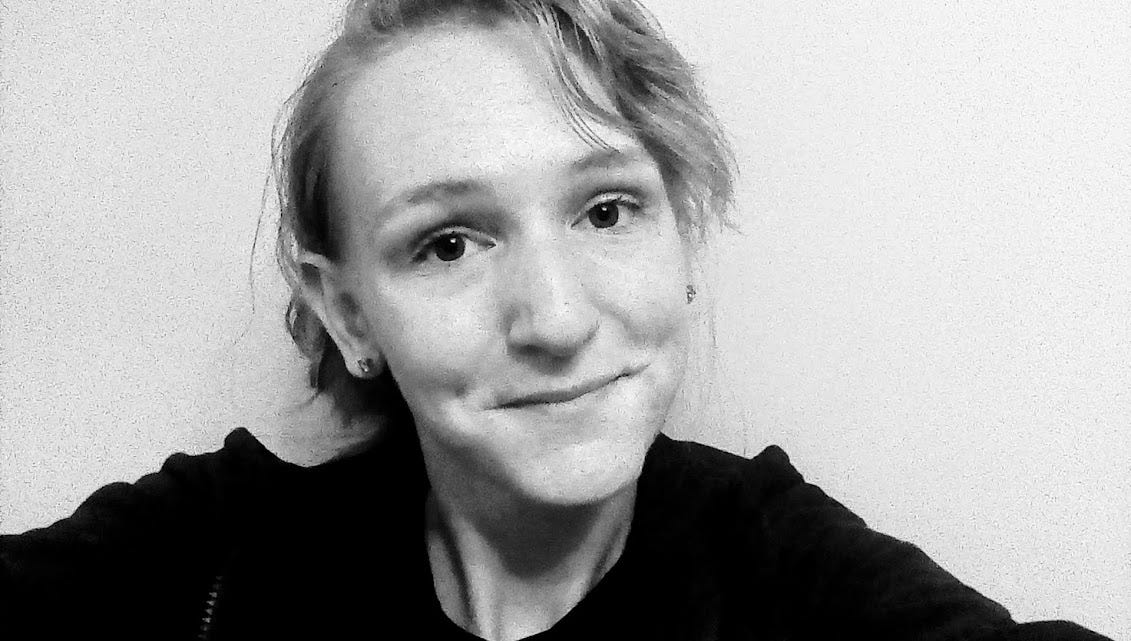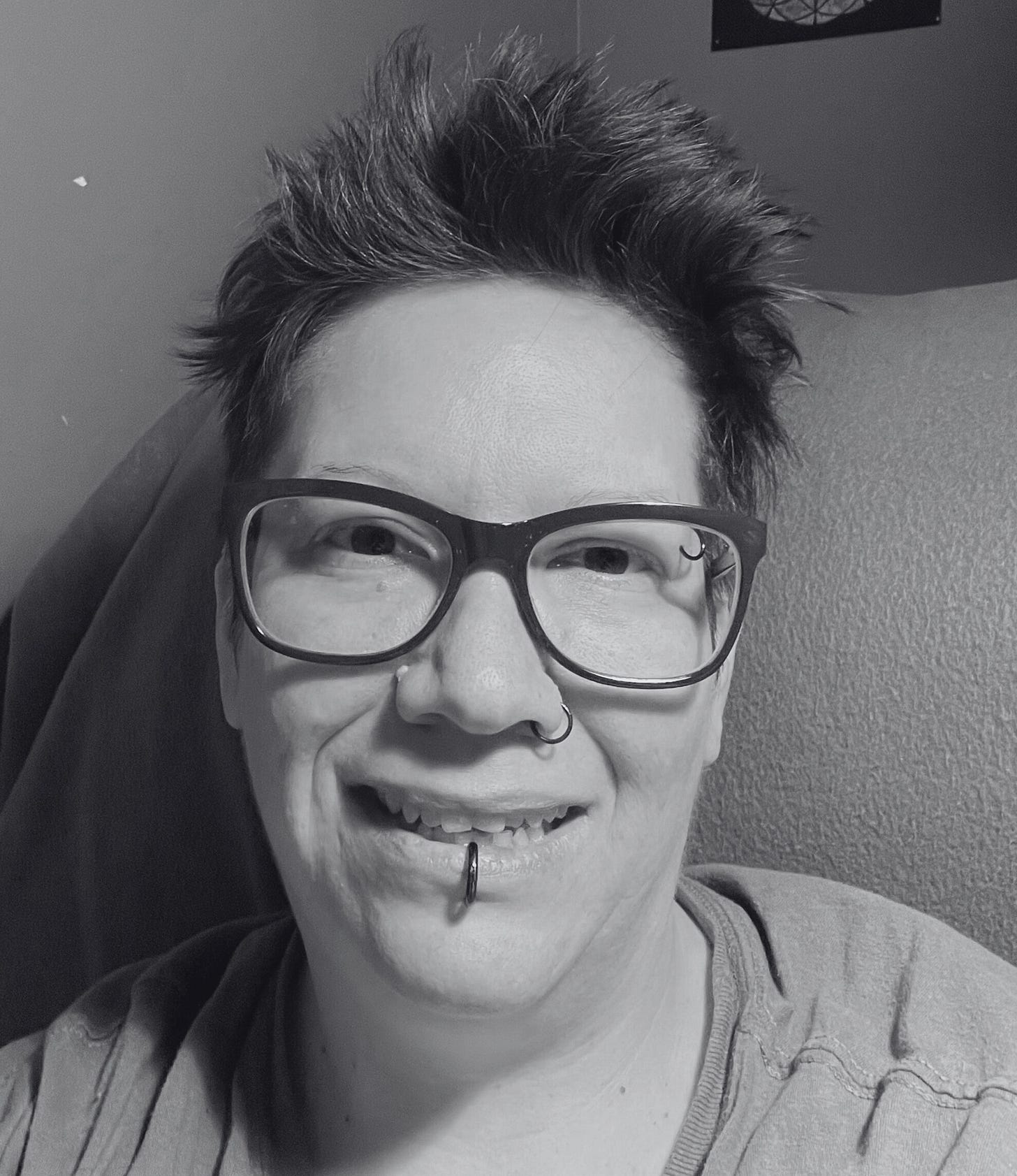DO NOT DISTURB: Instructions from Two Brains
What you need to know before trying to talk to us // Jessica Alice & Autistic Ang
In this week’s post I’m excited to collaborate with Angela Walker (aka ), author of , a space for late-identified autistic adults. In this post we explore our neurodivergent needs when it comes to how we prefer others to communicate with us when we’re having a “bad brain day.”

When
and I were talking about collaborating together, she came up with the idea for a post on ‘what someone should know before trying to talk to us on a bad brain day’. I loved this concept because I don’t always have the capacity to hear what others have to say when my brain feels overloaded or just ‘switched off’. I sometimes feel it would be helpful to have a DO NOT DISTURB sign posted on my forehead, so in that spirit, Ang and I compiled lists of what we each wish other people knew before communicating with us. I'm interested to hear which of our points resonate most with you—and also what you'd add to your own list!Embody the energy you want me to match.
Turn yourself down: you’re talking too loud.
Get to the point—quickly.
What’s the punchline? If I have to ask you this question, you’ve been talking way too long for my ADHD brain.
Give me time to think if you’re introducing new information or a change of plans.
Why are you shouting? Or is it me shouting? CAN WE ALL JUST STOP SHOUTING?
If you want to change plans, catch me on a “good” ADHD day (high energy, spontaneous, looking for fun and variety, etc).
Don't ask me if I'm ok when I'm driving, I’m just focusing.
To distract me into a better mood, ask me deep and philosophical questions. Or just show me Tika the Iggy.
Don’t, whatever you do, tell me to smile more.
Please don’t ask me to do something when you can see I’m happily occupied. (And please understand that I will, time and time again, ask you to do something when you are happily occupied).
Let me tell you about all the things I’m interested in at the moment. If you talk first I'll probably forget what I wanted to say.
Nod and make encouraging noises while I'm talking so I know you’re into what I’m saying.
When I’m indecisive, please just tell me what to do.
This too shall pass—so be here with me now.
Don’t call. If it’s urgent, rethink your definition of urgent.
Text only. Ideally with context, a point, and no follow-up.
Don’t ask how I am unless you’ve got snacks, patience, and no plans.
Skip the check-ins. I'm not a plant, and this isn’t Sunday school.
Don’t ask what I need. I need fewer decisions, starting with that one.
Keep your energy under control. I’m not taking passengers.
Don’t troubleshoot me like I’m a router. Turn yourself off and on instead.
Hold your optimism. It’s loud.
Don’t say “You’ve been quiet.” I’m aware.
Cancel plans if you need to. I’ve already pre-canceled in my head.
Do not send inspirational quotes. Especially ones in cursive.
Keep your voice calm, your texts short, and your presence optional.
Don’t follow up on messages like this is a job interview.
Let me spiral in peace.
Be brief. Be kind. Be gone.
Thank you
for collaborating with me on this post and for coming up with such a great idea! I think what struck me most about our lists is how similar and yet how different our needs are—which just goes to show how true it is that ‘when you meet one autistic person, you’ve met one autistic person.’I guess the main theme is the need for calm, quiet, brief communication—which reminds me of something Kim John Payne teaches: true, kind, necessary. Before speaking we should ask ourselves: Is it true? Is it kind? Is it necessary? Kim developed this concept with regard to talking to young children, but I think the world would be a better place if we all followed these simple principles for communication.
Let us know in the comments which of our points resonated most with you—and if you’re inspired to create your own list, feel free to share it in the comments or tag us in a post of your own! Jess & Ang
Thank you so much for collaborating with me on this post! You can find out more about Ang here, or over on YouTube, Instagram, or LinkedIn. Ang has created a course for newly-identified autistic adults and has also written books about her experiences as a late-identified adult. You can also shop her merchandise here! Go show her some love <3






Don’t say “You’ve been quiet.” I’m aware.
Why can’t other people just be quiet though? Why is quiet a bad thing?
Give me time to think! Yes! I take so long to reply to questions that it annoys my family so much, but I genuinely need time to think about the question and my answer. Everything is so rushed, I just wish people would slow down. Loved this collab! 🥰